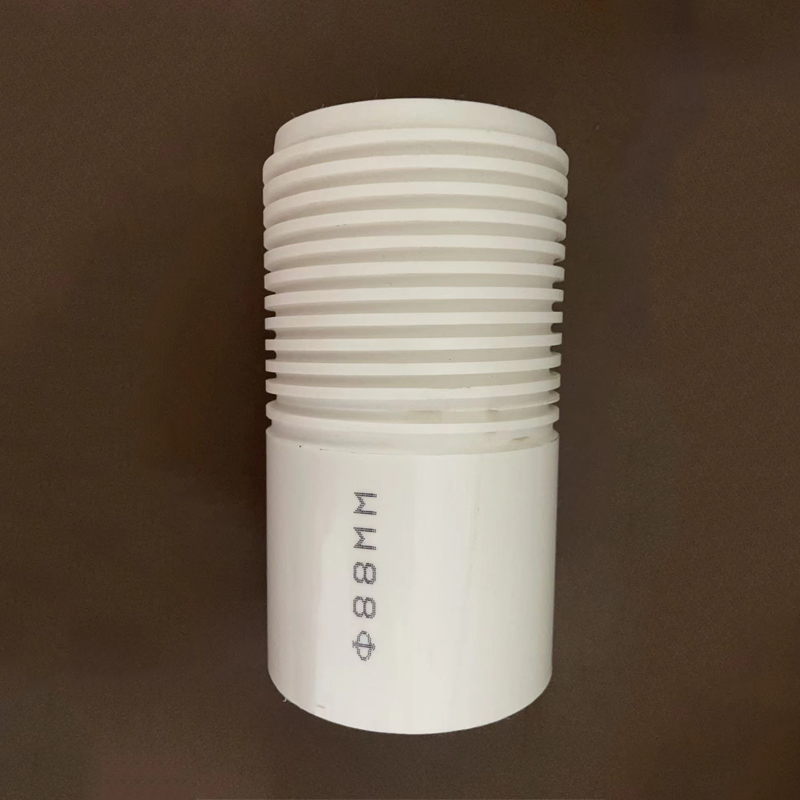Jul . 30, 2024 05:02 Back to list
Exploring the Benefits and Applications of Black HDPE Pipe in Various Industries and Services
The Versatility and Utility of Black HDPE Pipe in Modern Applications
High-Density Polyethylene (HDPE) pipes have gained immense popularity across various industries for their durability, flexibility, and corrosion resistance. Among the varieties available, black HDPE pipe has become a standout choice, particularly in utility services and infrastructure applications. This article examines the benefits, applications, and services associated with black HDPE pipes, emphasizing why they are a preferred material for many projects.
Understanding HDPE Pipes
HDPE is a thermoplastic polymer made from petroleum, renowned for its high strength-to-density ratio. Black HDPE pipe is specifically designed to withstand harsh environmental conditions, making it suitable for applications ranging from water supply to gas distribution and telecommunications. The black color often signifies the addition of carbon black, which provides UV resistance, enhancing the longevity of the pipe when used outdoors.
Key Benefits of Black HDPE Pipe
1. Durability One of the most significant advantages of black HDPE pipes is their remarkable durability. They can withstand a wide range of temperatures and pressures, making them ideal for both above-ground and underground applications.
2. Corrosion Resistance Unlike traditional metal pipes, black HDPE pipes do not rust or corrode. This property makes them particularly suitable for transporting chemicals, wastewater, and potable water without the risk of contamination or structural failure.
3. Flexibility and Ease of Installation The inherent flexibility of HDPE allows it to be installed in various environments without the need for complex fittings or joints. This flexibility also means that black HDPE pipes can accommodate ground movement without compromising their integrity.
4. Cost-Effectiveness Although the initial cost of black HDPE pipes may be higher than some alternatives, their durability and long lifespan often lead to lower total lifecycle costs. Moreover, their lightweight nature reduces transportation and installation costs.
5. Environmental Impact Black HDPE pipes are fully recyclable. Their production process is also less energy-intensive compared to other piping materials, aligning with sustainable environmental practices.
black hdpe pipe service

Applications of Black HDPE Pipe
Black HDPE pipe is widely employed in numerous sectors, including
- Water Supply and Distribution Often used for municipal water systems, these pipes ensure safe and efficient water delivery. Their corrosion resistance and long lifespan make them a reliable choice for potable water supply.
- Sewer and Wastewater Management The robust design of black HDPE pipes makes them ideal for sewage systems, as they can handle the harsh chemicals and conditions commonly found in wastewater applications.
- Irrigation and Agricultural Use In agriculture, black HDPE pipes are used for irrigation systems due to their ability to manage water pressures and distribute water efficiently over large areas.
- Gas Distribution Natural gas and propane utilities favor black HDPE pipes for their strength and reliability in transporting gas safely without leakage.
- Telecommunications With the rise of communication networks, black HDPE pipes are also used for conduit systems, protecting sensitive cabling from external environmental factors.
Conclusion
In conclusion, black HDPE pipe serves as a versatile solution for a multitude of applications, delivering efficiency, reliability, and sustainability. Its benefits such as durability, corrosion resistance, and cost-effectiveness make it a go-to choice in modern infrastructure and utility projects. As industries continue to seek resilient and environmentally friendly materials, black HDPE pipes are poised to remain a cornerstone of utility and service provision, ensuring the safe and efficient delivery of essential resources in a rapidly evolving world.
-
High-Quality PVC Borehole Pipes Durable & Versatile Pipe Solutions
NewsJul.08,2025
-
High-Quality PVC Perforated Pipes for Efficient Drainage Leading Manufacturers & Factories
NewsJul.08,2025
-
High-Quality PVC Borehole Pipes Durable Pipe Solutions by Leading Manufacturer
NewsJul.08,2025
-
High-Quality PVC Borehole Pipes Reliable PVC Pipe Manufacturer Solutions
NewsJul.07,2025
-
High-Quality UPVC Drain Pipes Durable HDPE & Drain Pipe Solutions
NewsJul.07,2025
-
High-Quality Conduit Pipes & HDPE Conduit Fittings Manufacturer Reliable Factory Supply
NewsJul.06,2025

